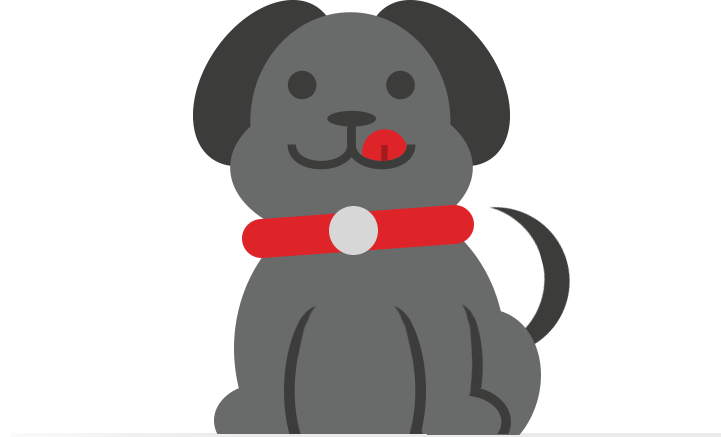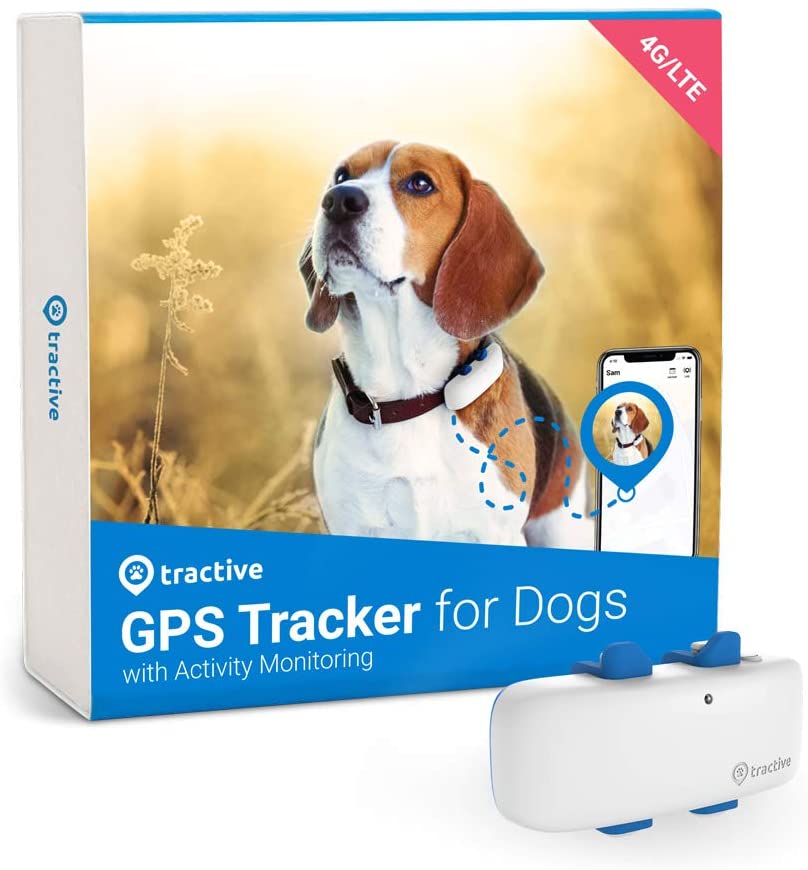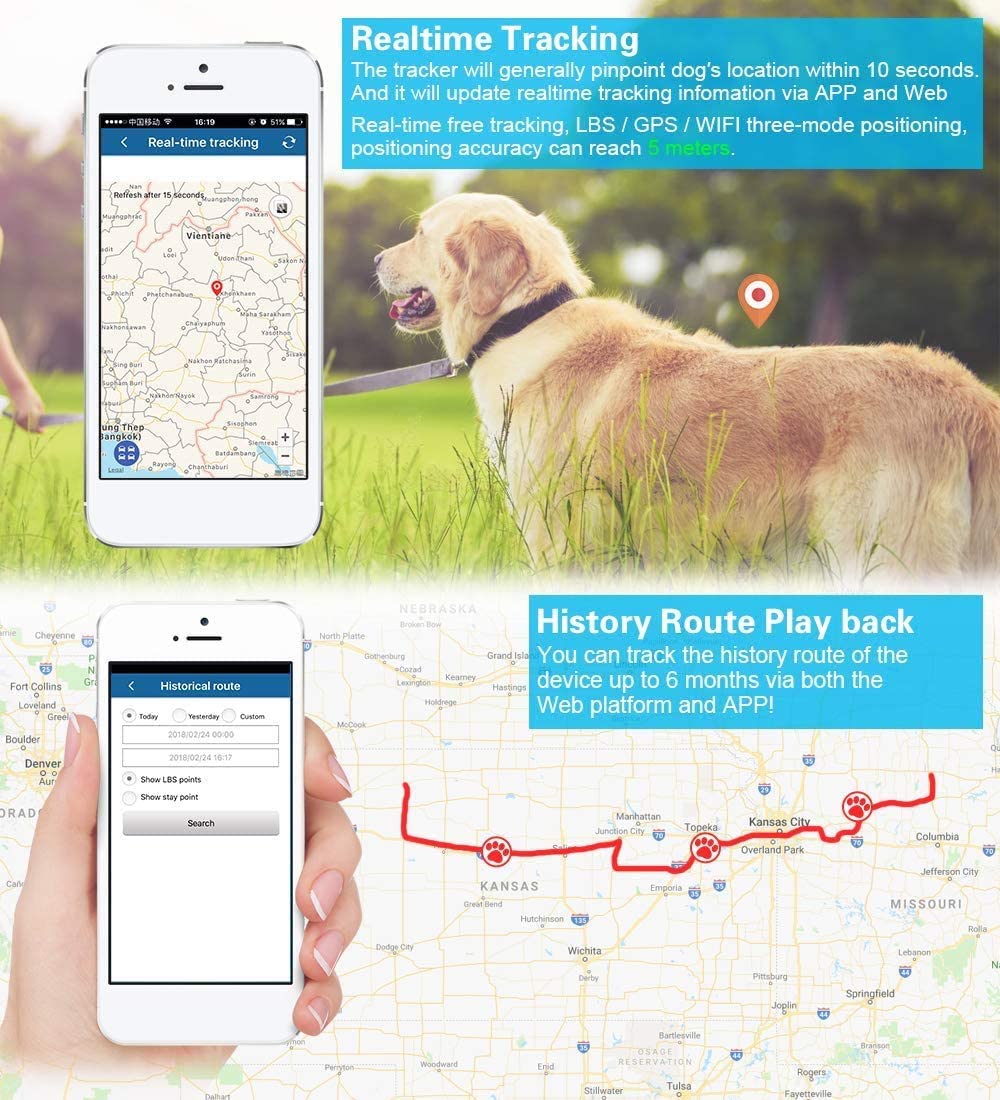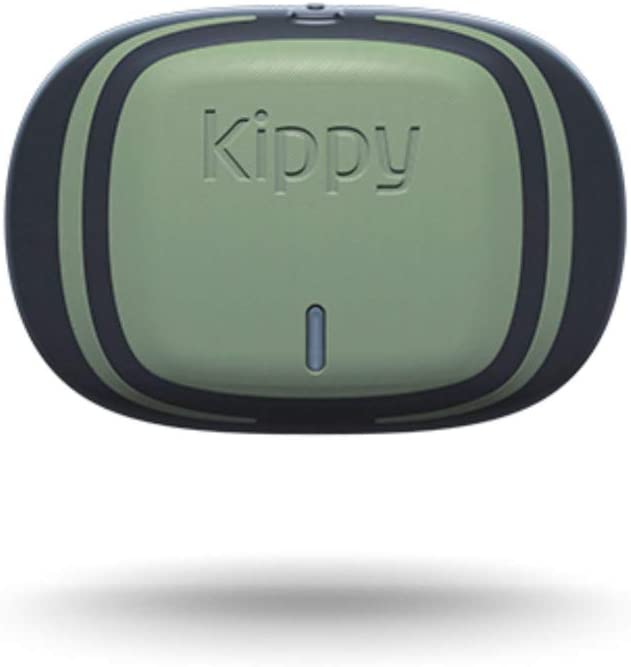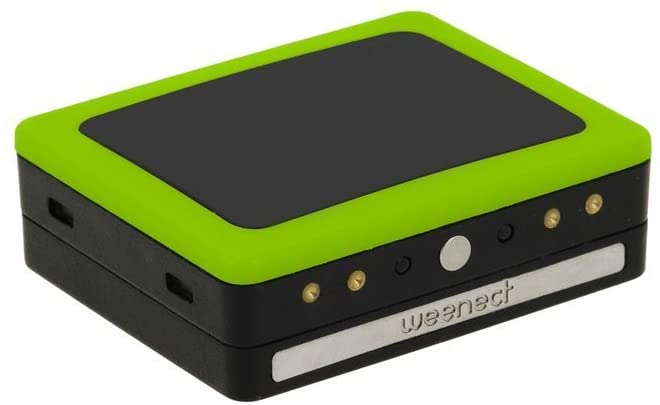Dog Theft: How can I keep my dog safe?
Back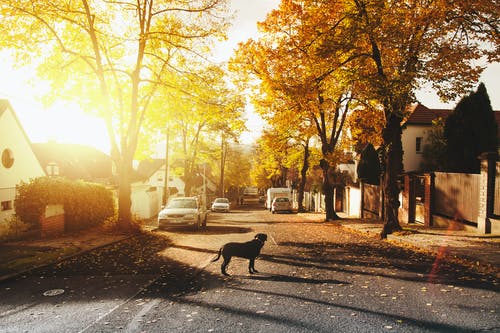
For any dog owner having your beloved companion and family pet stolen is your worst nightmare. Not only the feeling that you have been being watched but also the torment of not knowing where your trusted friend is and what condition they might be in.
Why are dogs being stolen?
Sadly dog theft is on the rise and is estimated to have increased by 250% during 2020. The desire to have a family pet to keep us company whilst we spend more time at home during lockdown has seen demand for dogs and puppies increase. The Kennel Club reports a 168% increase in people searching for puppies for sale. This has driven up the price of puppies (from around £500 to more than £2,000) and has led many organised criminals to ditch drugs and other forms of crime in favour of stealing puppies, pedigrees and pregnant dogs.
Pedigree dogs are often used for intensive breeding and puppies are sold on quickly at astronomical prices. Stealing dogs has become a whole lot more professional, it isn't just the opportunist seeing a dog tied up outside of a shop anymore, it is organised crime, targeting breeders and stealing both the mother and the puppies at the same time. Dogs are often kept in poor conditions, without veterinary care and are treated as commodities, rather than as the loving, sensitive and much adored family pet that they should be.
This leaves many dogs and owners traumatised and with very limited chances of being reunited (only around 22% of stolen dogs are ever reunited with their owners, this is equivalent to one in every five dogs stolen).
The fact that many owners offer a cash reward for the return of their dog means that criminals have further incentive to keep stealing dogs in order to make money.
Which areas are dogs being stolen from?
The BBC reports that the five police forces which saw the biggest increase in dog thefts between January 2020 and July 2020 were:
-
Northumbria (thefts up by 148% from 27 cases to 67 cases)
-
Devon and Cornwall (thefts up by 88% from 25 cases to 47 cases)
-
Leicestershire (thefts up by 86% from 22 cases to 41 cases)
-
Humberside (thefts up by 127% from 11 cases to 25 cases)
-
Suffolk (thefts up by 250% from 5 cases to 21 cases)
Which dogs are more likely to be stolen?
Puppies, pregnant dogs and pedigree breeds are more likely to be stolen, with the nation's most popular breeds being top of the thieves list as these are easiest to sell and, due to demand, commanding the highest price tag. This includes labradors, cocker spaniels and springer spaniels as well as cavapoos, cockapoos, miniature dachshunds, border collies and german shepherds. Thefts of breeds that are increasing in popularity such as French Bulldogs and pugs are also on the rise.
The value of these popular breeds has increased on average by between 150 and 200% over the course of 2020. You would now pay between £1,00 and £2,500 for a dog when in 2019 it would have been between £500 and £1,500 and it is this price hike which has made this trade so lucrative for criminals. Puppies are a prime target as they haven't yet been microchipped, meaning that it is harder for them to be traced and the criminals caught.
Where are dogs stolen from?
A study by Skinner's Pet Food found that 23% of dogs are stolen from gardens, 11% are stolen from homes and 11% are stolen whilst out walking.
With dog thefts reaching unprecedented levels, what can you do to keep your pet safe?
What can I do to avoid my dog being stolen?
Take Precautions to keep your dog safe
Don't leave your dog unattended in a public place or in a car (where they are also at risk of overheating as well as from being stolen). Don't leave your dog in the garden unsupervised.
Make sure that your dog is microchipped
Ensure that your dog is microchipped and that your contact details are kept up-to-date with your database provider.
Make sure that your property and garden are secure
Ensure that the house and property boundaries are secure so that you can keep your dog in and intruders out. Fit garden gates with a sturdy lock to ensure that there is no easy access to your property.
Make sure that your dog is neutered
Spayed and neutered dogs are less inclined to stray and are also less desirable to thieves.
Make sure that your dog is wearing a tag and collar
Ensure that your dog is wearing a tag with your name, phone number and address on it. It is always a good idea to keep up to date photos of your dog, making sure that you show clearly any distinctive features which might help to identify your dog should they go missing.
Be vigilant
Join your local neighbourhood watch scheme, look out for your neighbours and local community and report any suspicious activity to the police.
Out and about
Consider switching around your routine and your route so as to avoid being targeted by thieves who might be monitoring your dog. You might also want to consider walking with a friend. If you are exercising your dog off the lead always keep them in sight and train them well so that they have a good recall regardless of where they are.
Careful what you share
We all love our dogs so much that many of them now have their own social media accounts. Be careful that you are not advertising yourself and your dog to thieves and ensure that you avoid tagging your location or sharing too much about you and your dog's routine online.
Be extra vigilant
If your dog is a pedigree, a puppy or is pregnant with puppies you should be additionally vigilent as these dogs are more likely to be a target for thieves.
Get your dog a GPS tracker
If the worst should happen and your dog does go missing, is lost or is stolen, our article on What should I do if I have lost my dog? gives advice about what you should do next.
See also:
What should I do if I have lost my dog?
Dog theft and keeping your dog safe
Similar Articles

Good Dogs. Good Kennels.
The Good Kennel Guide takes the stress out of dog boarding by only listing licensed kennels and boarders who meet the standards required by the Animal Licensing (Licensing of Activities Involving Animals) Regulations 2018.
All kennels and boarders that hold a valid licence have a free listing on the website which kennel owners and boarders can “claim” by creating a free account - this allows them to personalise some of their listing and interact with dog owners.

An easy-to-use system for dog owners
The Good Kennel Guide takes the stress out of dog boarding by only listing licensed kennels and boarders who meet the standards required by the Animal Boarding Act 1963.
Dog owners can sign up and create a profile here - it's really simple, and only takes a few moments.
Add your dog to your private profile to submit enquiries to kennel owners and boarders, send messages, and leave reviews following boarding.
Kennel Locations
England
Airports
